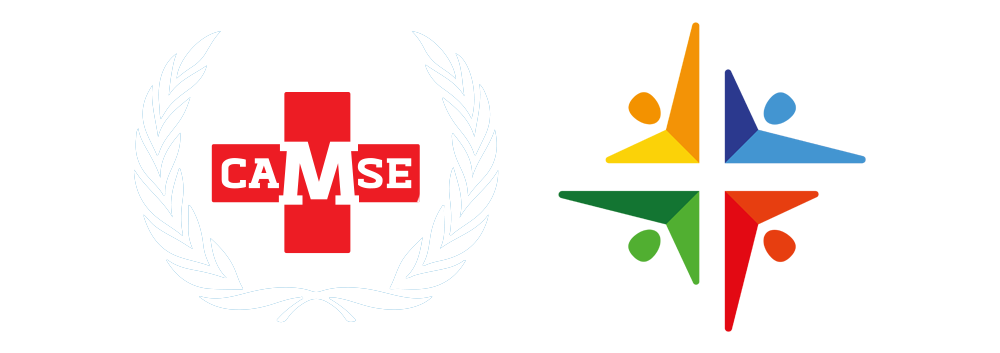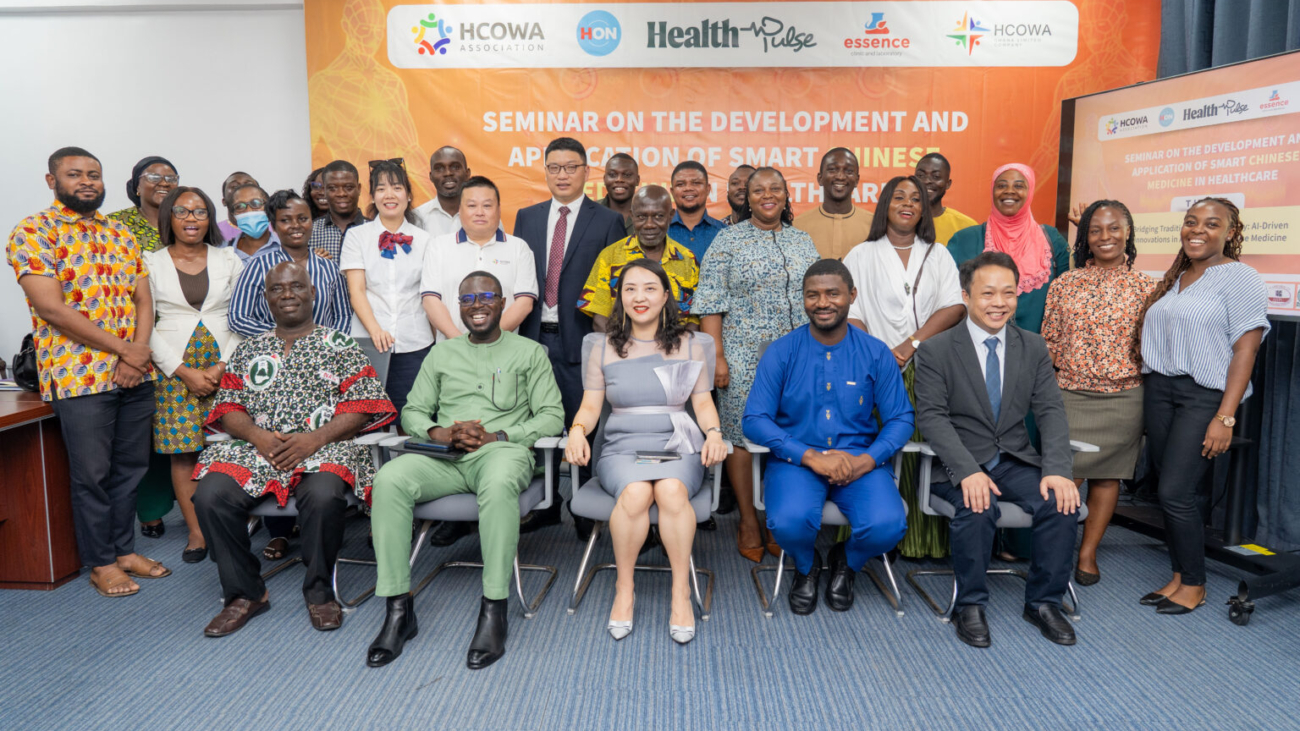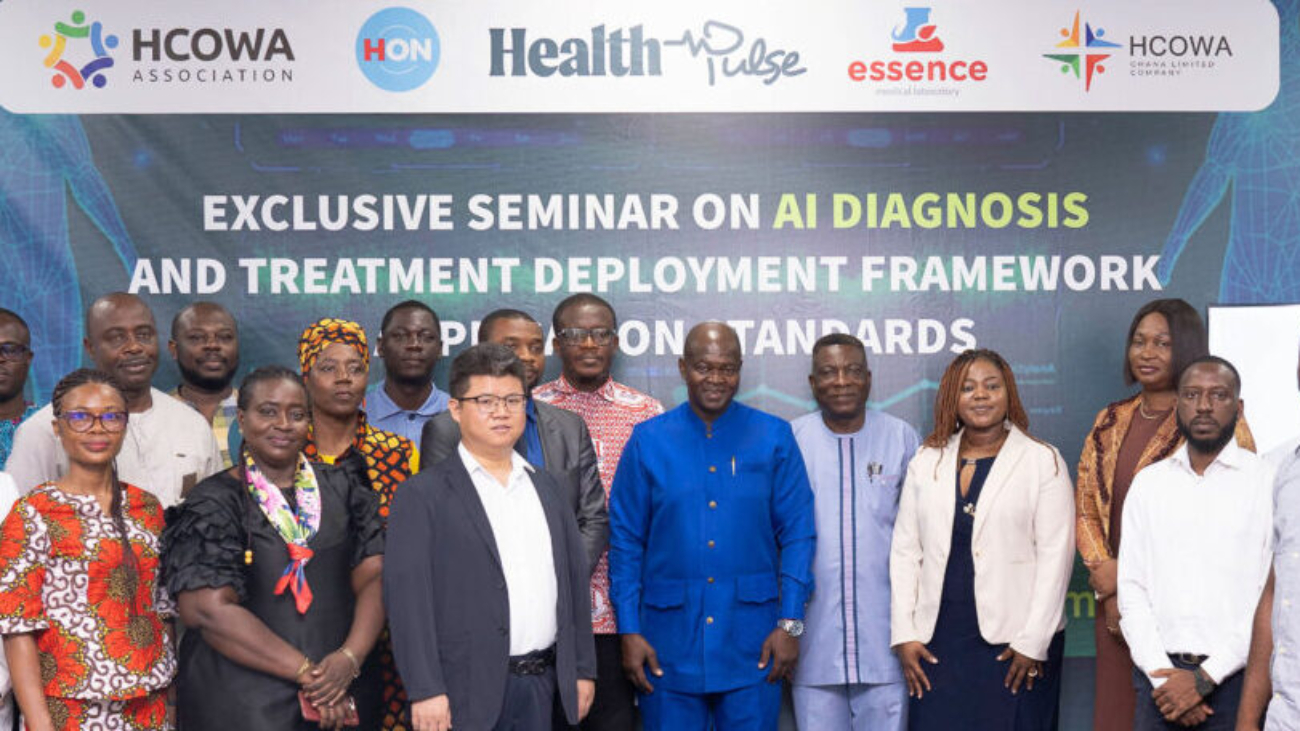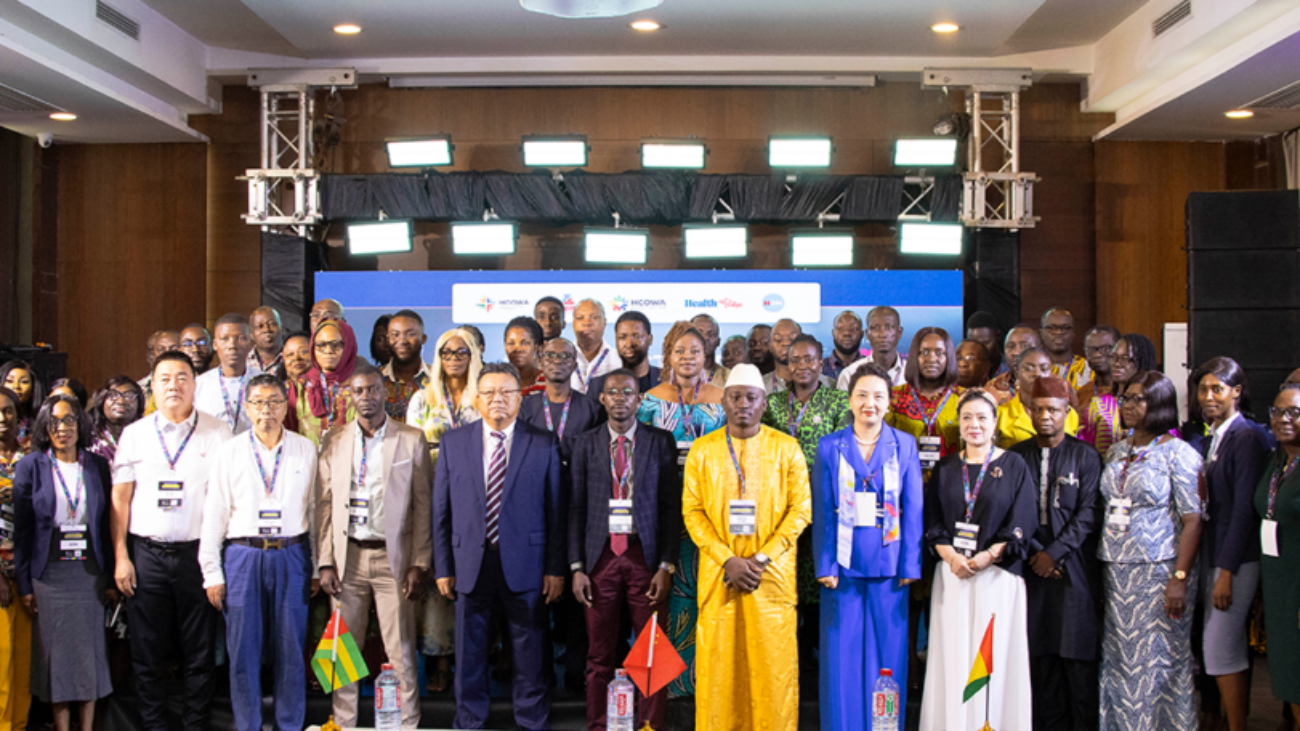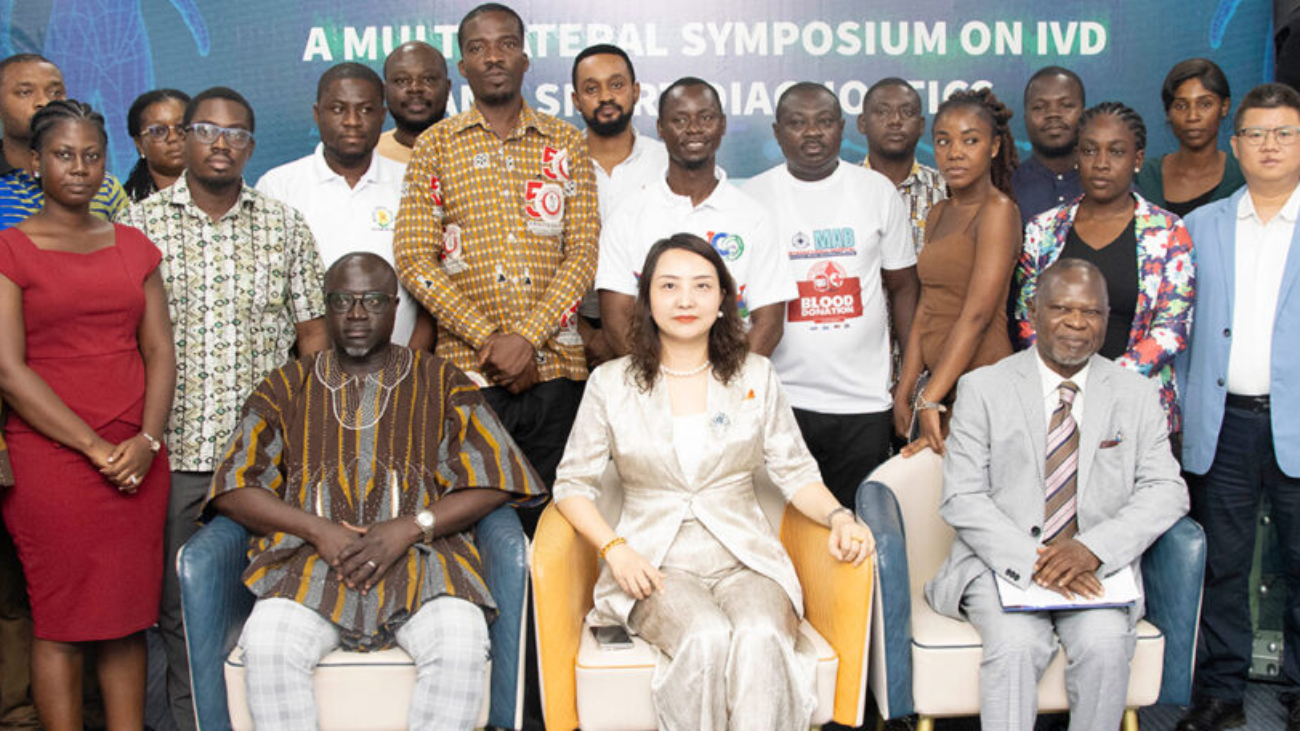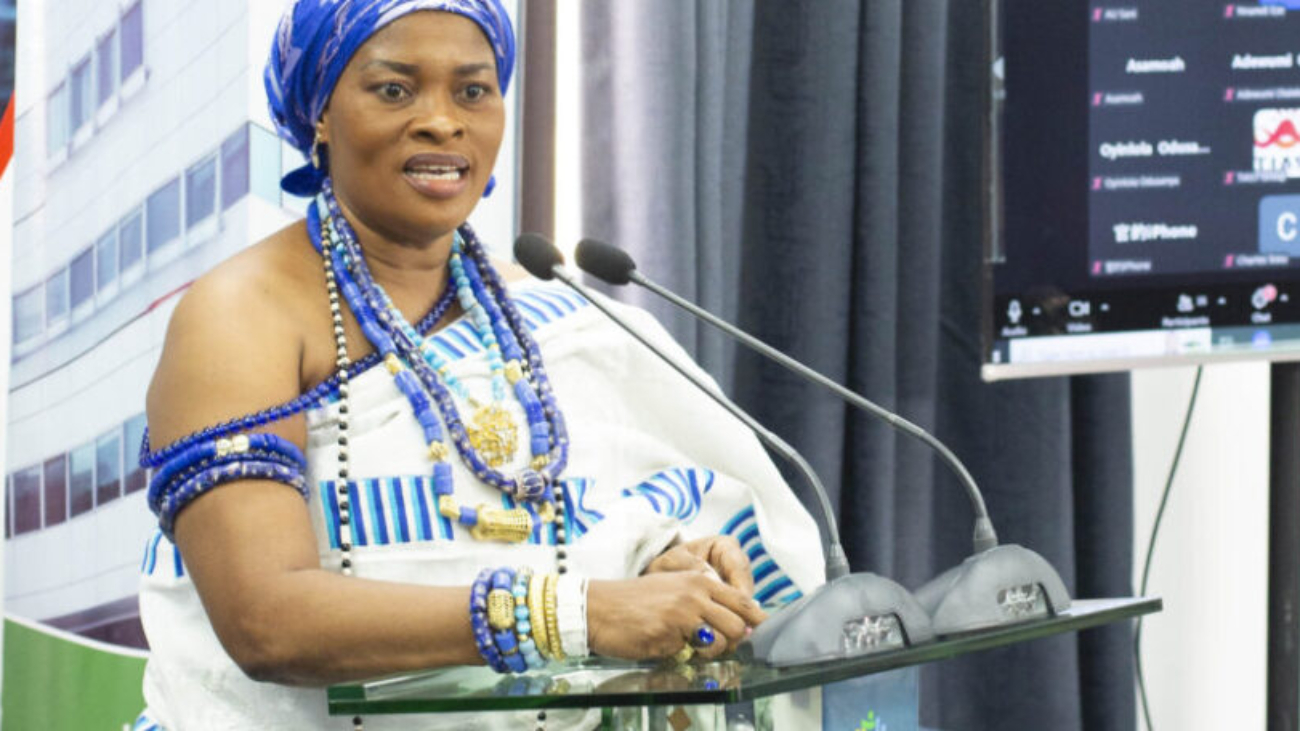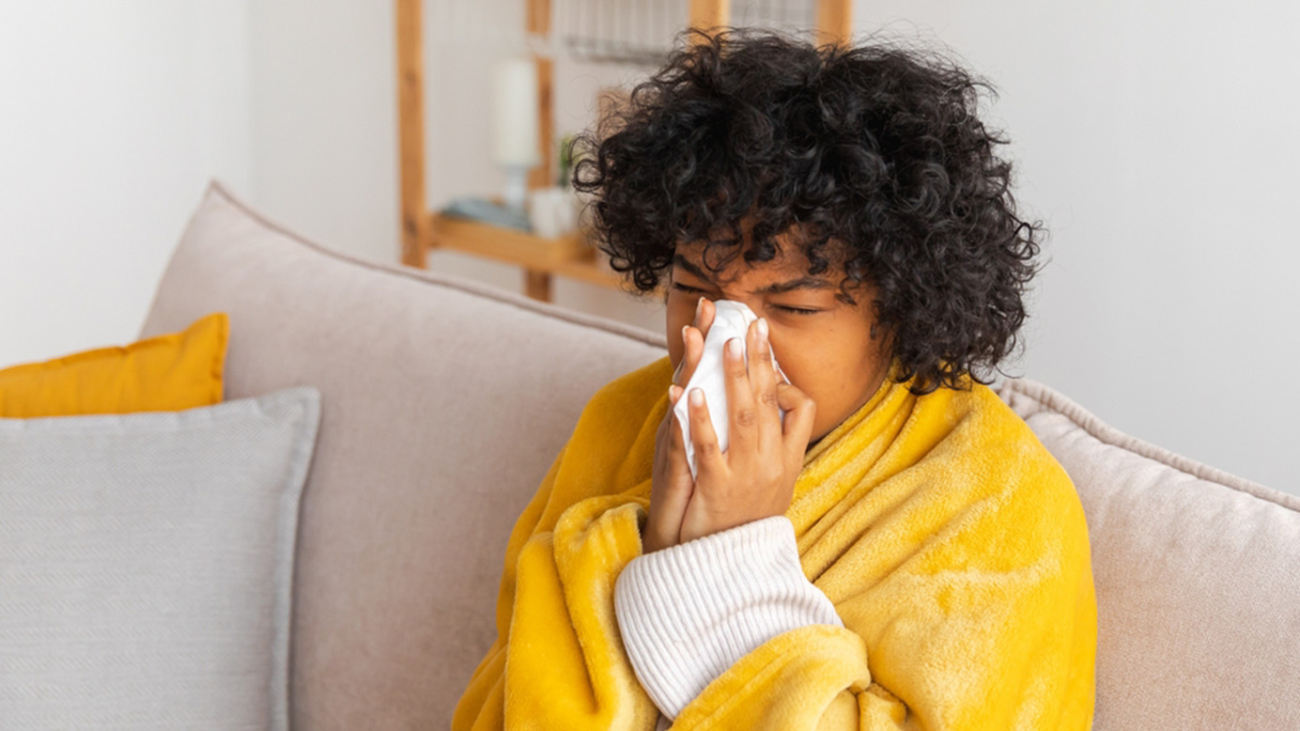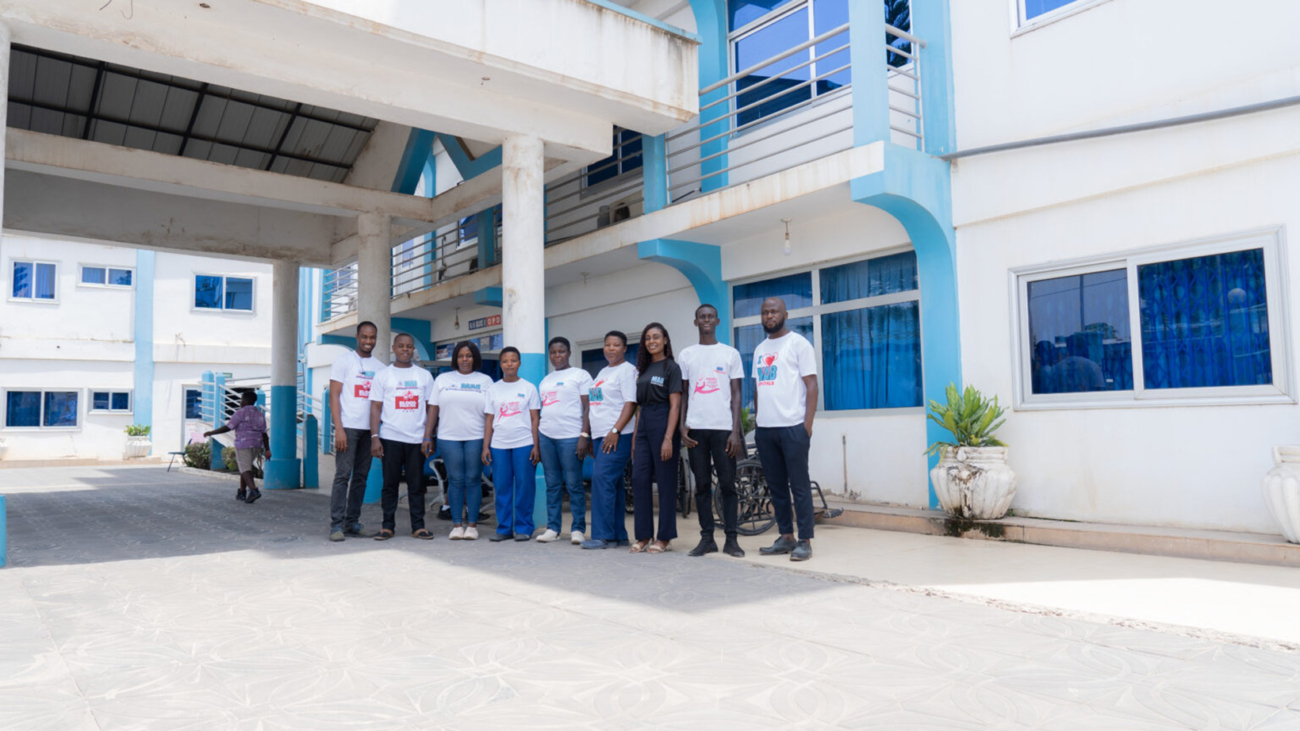Technology is transforming every aspect of human life; healthcare is no exception. The Health Community of West Africa (HCOWA) Association of Ghana took a bold step forward by hosting its 5th seminar on the development and application of Smart Chinese Medicine in healthcare. Held on April 4th, 2025, at the HCOWA headquarters, La Trade Fair, this event brought together leading herbal medical practitioners from China and Ghana.
Under the theme, “Bridging Tradition and Technology: AI-Driven Innovations in Africa and Chinese Medicine,” the seminar explored how artificial intelligence can revolutionize the development, application, and regulation of herbal medicine. The event featured prominent voices in the field, including Dr. Yakubu Tubor Yusuf, Okogye Abibiduro Nana Kwadwo Obiri, Dr. (Med) Ohene Kwabena Safo, Dr. MH. Sandra Ashong, and renowned Chinese AI-TCM experts.

Key Discussions and Insights.
Among the guest speakers was Doctor Yusuf Yakubu, the Registrar for the Traditional Medicine Practice Council (TMPC) Ghana. He’s a proud graduate of Kwame Nkrumah University of Science and Technology (KNUST) who earned his Bachelor of Herbal Medicine in 2014. He further deepened his expertise at the Centre for Plant Medicine Research in Mampong from 2015 to 2017 and through clinical training at Tetteh Quarshie Hospital. His unique knowledge of both traditional and modern practices positions him as a strong advocate for the regulation and standardization of herbal medicine.
In his speech, Dr. Yusuf highlighted the significance of traditional healing practices in Africa and China, emphasizing their comprehensive frameworks of knowledge refined over generations. He noted that artificial intelligence can amplify this ancestral wisdom and acknowledges the crucial role traditional medicine has played in global healthcare, inspiring modern pharmaceuticals and continuing to revolutionize the field.
Adding further insights was the President of the Ghana Association of Medical Herbalists, Dr. MH Sandra Ashong. She is a renowned herbal and medical practitioner with a decade and a half of experience in diverse technical know-how in traditional and alternative medicine, especially medical herbalism. She is currently the head of the Complementary and Alternative Medicine unit at the Lekma Hospital, having studied herbal medicine at the Kwame Nkrumah University of Science and Technology. She also has an MBA in Health Service Management.
“The herbal medicine industry is made up of regulation, research, clinical medicine practice, manufacturing, cultivation and education, which are striving to enhance their progress to meet the demands and expectations of their customers, utilizing various methodologies. The herbal medicine industry is a critical field that plays a vital role in saving lives. It should now operate based on continuous innovation and the adoption of new technologies to address healthcare issues and its challenges.” Dr. Ashong said.
She further explained how artificial intelligence (AI) technologies have now been explored in all fields and disciplines of herbal medicine by herbal medicine experts, including medical herbalists in recent years.
In addition to the above, the General Secretary of the Ghana Federation of Traditional Medicine Practitioners Association (GHAFTRAM), Mr. Okogye Abibiduro Nana Kwadwo Obiri, a distinguished traditional medicine practitioner and director of the Obiri Herbal Research Centre located at New Weija, Ghana, with over three decades of experience since 1989, also gave his speech.
He holds a traditional practitioner’s license from the Traditional Medicine Practice Council (TMPC) of Ghana, granted in 2009. His educational background includes a certificate in Basic Science in Herbal Medicine Production from Kwame Nkrumah University of Science and Technology (KNUST)—WHO Training for Traditional Medicine Practitioners (2012).
During his speech, he concluded by saying that “the future of traditional medicine in Africa is bright, and AI is the key to unlocking its full potential. By leveraging AI, we can modernize traditional medicine, enhance its credibility, and expand its reach to benefit millions. GHAFTRAM stands ready to champion this transformation, ensuring that traditional medicine continues to play a vital role in Africa’s healthcare system hence let us embrace innovation, foster collaboration, and work towards a future where AI and traditional medicine complement each other to create a healthier, more inclusive world.”
Next was Dr Ohene Kwabena Safo, a graduate of the University of Ghana Medical School, where he earned a Bachelor of Medicine and a Bachelor of Surgery degree. He is currently in specialist training with Ghana College for Physicians and Surgeons. He is a Quality Consultant, CEO of the OKS Group, the Vice President of the Private Health Facilities Association of Ghana (Greater Accra) and the General Manager for Kantanka Herbal Pharmaceuticals and Research Centre.
During his speech, He emphasized on the significant impact of technology on his practice, enabling him to effortlessly track patients’ medical records and swiftly identify potential risks. He also explored innovative solutions, such as utilizing drones for doorstep medicine delivery and introducing a cutting-edge ring device that allows him to supervise patients on managing their personal health records.
Additionally, he explained how AI is driving positive change in production and use of herbal medicine Stressing on the 3 Ps that is Practice, Production and Professionalism, he elaborated on the value of standardization and it how it can assist seamless merge of tradition and technology.

Fostering Collaboration and Future Integration.
The seminar concluded with interactive discussions and socialization where participants expressed strong interests in exploring and integrating AI in the development of herbal medicine.
A Memorandum of Understanding (MOU) was signed between the president of HCOWA, Sihong Jiang and two prominent Ghanaian herbal medicine institutions; Kantanka Herbal Pharmaceutical and Research Centre and The Ghana Association of Medical Herbalists.
This partnership aims to enhance the quality and efficacy of herbal products through collaborative research, development, and commercialization. By combining their expertise, they can improve the healthcare sector in Ghana, marking a significant milestone in promoting traditional medicine in Ghana.

The Health Community of West Africa Association remains at the forefront of innovative healthcare solutions, championing the integration of herbal medicines to enhance medical outcomes and address regional health challenges.
